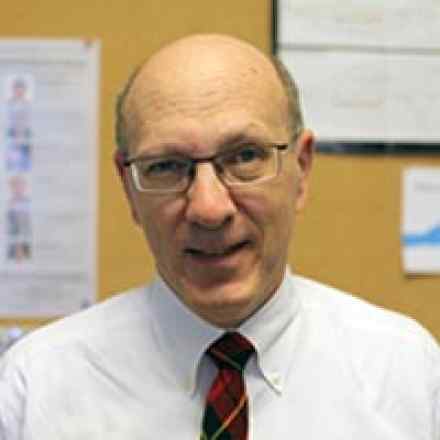13 Weeks
Formative Quizzing
Video Lectures
Contact for Re-Use
Alternative Energy Systems is offered to graduate students completely online, minus the mid-term and final exam. The course has been offered online for over five years and undergoes a process of continuous improvement and update. The online course is administered through the University of Toronto's learning management system, Portal (Blackboard). The learning outcomes and learning objectives of the online version of this course are identical to the in-class experience.
The online course uses a variety of online tools to support student learning. Lecture content is delivered by a series of online modules, built using Articulate Storyline and comprised of video content and formative quiz questions. Instructor-student and student-to-student communication is handled on Piazza, an online discussion forum. (If you are thinking about using Piazza, please review this official statement and speak with the EdTech Office about how to manage safe implementation in your course). PeerScholar, an peer review tool, is also used in the course.
Additionally, a small portion of the topics of this course were condensed into a 7 week Massive Open Online Course (MOOC). This course was offered on October 12, 2014 on the Coursera platform.
Example Module Homepage
The course structure is as follows:
- MIE 515 lectures are available on the course website. Online students can choose their own time to view the lectures and engage in the learning experience at a time that is convenient (asynchronous delivery mode).
- All non-supervised term work will be submitted on-line. Term work will consist of problem sets (6 over the course of the term), two peer-assessed assignments, and one longer assignment that involves Excel-level simulation and simple economic analysis.
- Student questions about the lectures should be posted on the appropriate discussion board on Piazza (see next page), so that all students can benefit from both the question and the instructor’s response.
- There will be two exams, a mid-term and a final exam, and both must be written in person at the physical location designated (just as in a traditional course).
Course Topics
| Introduction |
|
| Radiation Heat Transfer |
|
| Solar Radiation |
|
| Solar Thermal |
|
| Passive Solar |
|
| Solar Photovoltaic |
|
| Wind Energy |
|
| Wave Energy |
|
| Tidal Energy |
|
| Energy Storage |
|
| Grid Connections Issues |
|
| Future of Renewable Energy |
|

